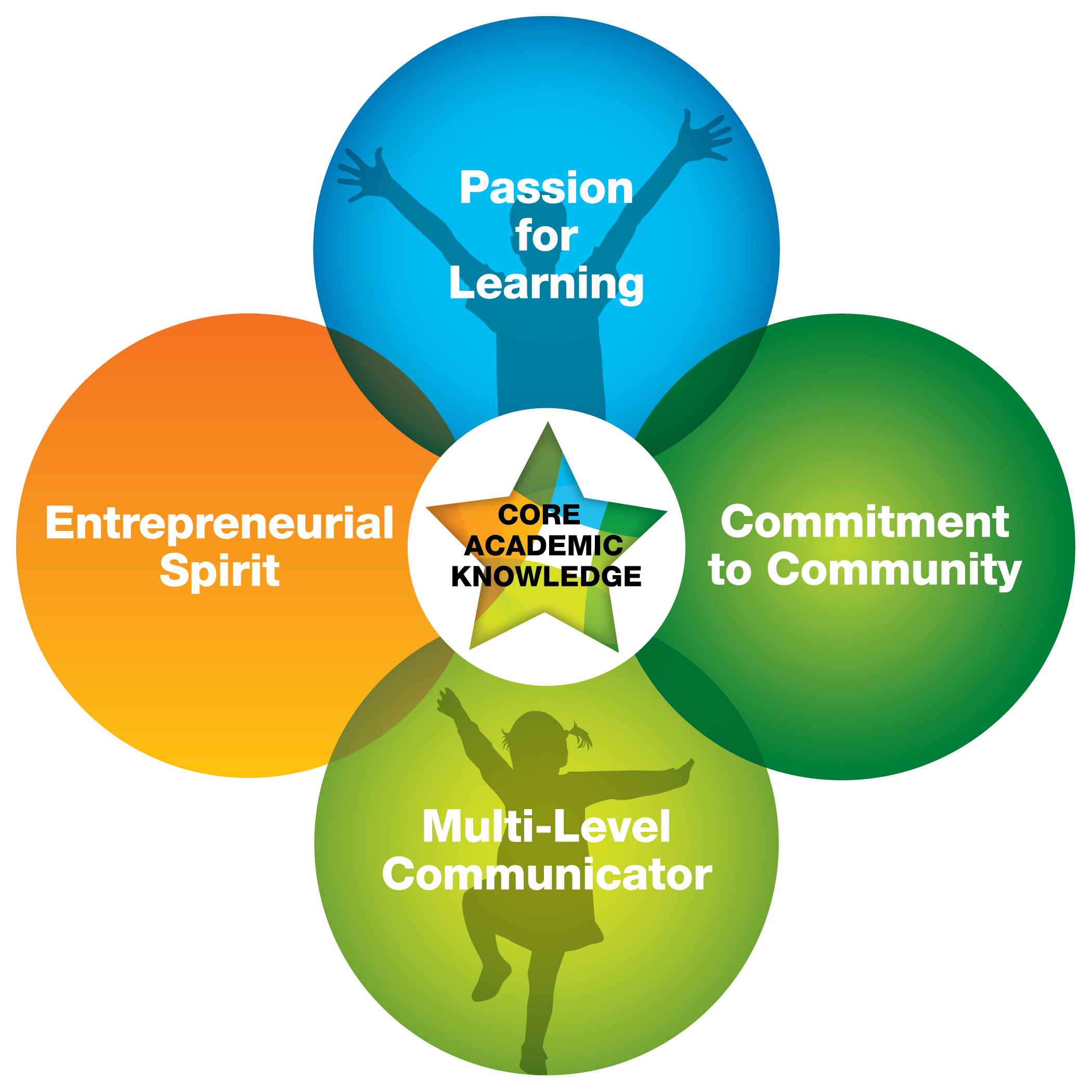A Wholehearted Approach to Learning
A few years ago, my fellow members of the Vision Coalition and I began reaching out to Delawareans. We wanted to hear what they thought a well-educated young person would need to know and be able to do in the year 2025.
What we heard from more than 4,000 people was not surprising. People told us that better academics and improved test scores are important—being able to read and understand math would still be foundational. But they wanted more than that. What people really wanted was a richer educational experience for their children, one that instilled skills like communication, collaboration, critical thinking, empathy, and creativity. They wanted young people to be healthy, to be able to respond to a rapidly changing world, and to have an educational experience that was not cookie-cutter, but one that maximized who they are as individuals.
That broad set of skills ultimately became the North Star, the guiding centerpiece to Student Success 2025. The North Star became our goal for the next 10 years, and we began mapping backwards from it to discern the policy changes needed to reach that goal. For example, if we wanted to maximize the potential of every child, that meant we needed a funding system that addressed each student’s educational assets. It meant we needed to train our teachers differently.
This concept of developing the “whole child”—a phrase that’s often cross-referenced with “social emotional learning”—is not a new one. Generations of practitioners have told us that the so-called soft skills mentioned above, along with physical and mental health, nutrition, and exposure to the arts, are all important ingredients in child development. In fact, we’re seeing a rare convergence among leaders in education and business that this broader set of skills, which educators see as essential, are often the same ones that employers say they can’t find in prospective employees.
As personalized learning continues to gain traction throughout Delaware and the nation, we’ll be hearing much more about the “whole child” and social emotional learning. These terms are all intertwined through shared goal of meeting young people where they are. In the coming months, we’ll be working to ground these ideas in real examples in Delaware and nationally. Some of these examples will include new approaches in the classroom and others will help shine a light on assets in the community to educate our young people through a range of approaches, from after-school educational opportunities to on-the-job training.
There are already efforts underway in Delaware that are leading the charge in this emerging field.
But to be clear, when it comes to this topic, we have as many questions as we do answers. For example, how does one measure empathy or creativity? Aren’t some of the most important things in our lives difficult or impossible to measure? And if we can’t measure it, can we teach it?
There are fledgling efforts underway to address these and many other questions, and we hope to bring some of that early research to you as well.
This is a learning curve for all of us. We at Rodel are firm believers in excellence and equity for each of Delaware’s students—and we believe that nurturing them holistically is the basis for not only helping our young people be successful in school, but become good citizens and happy and healthy adults. I invite you to help us push our thinking and to learn along with us.
